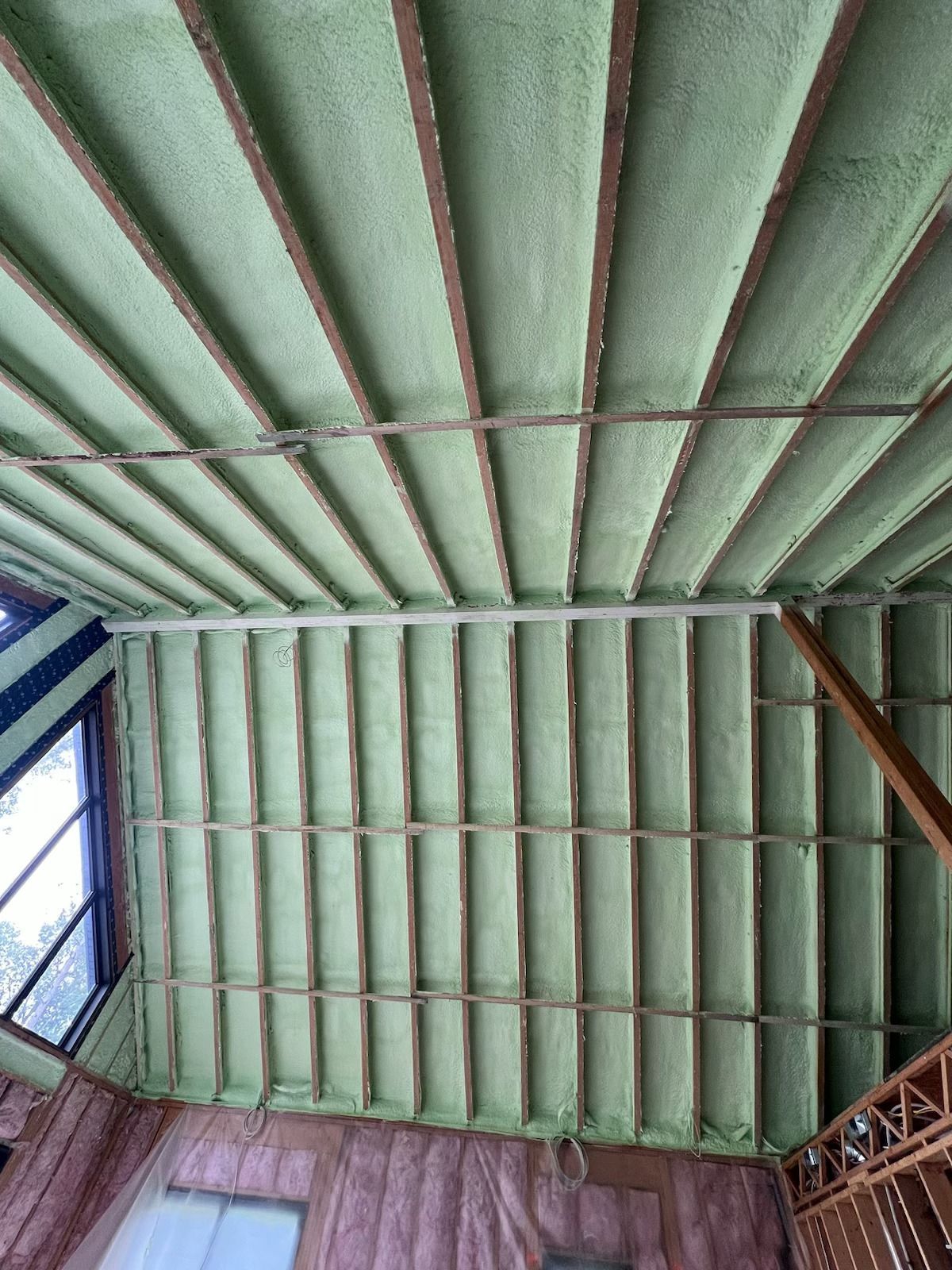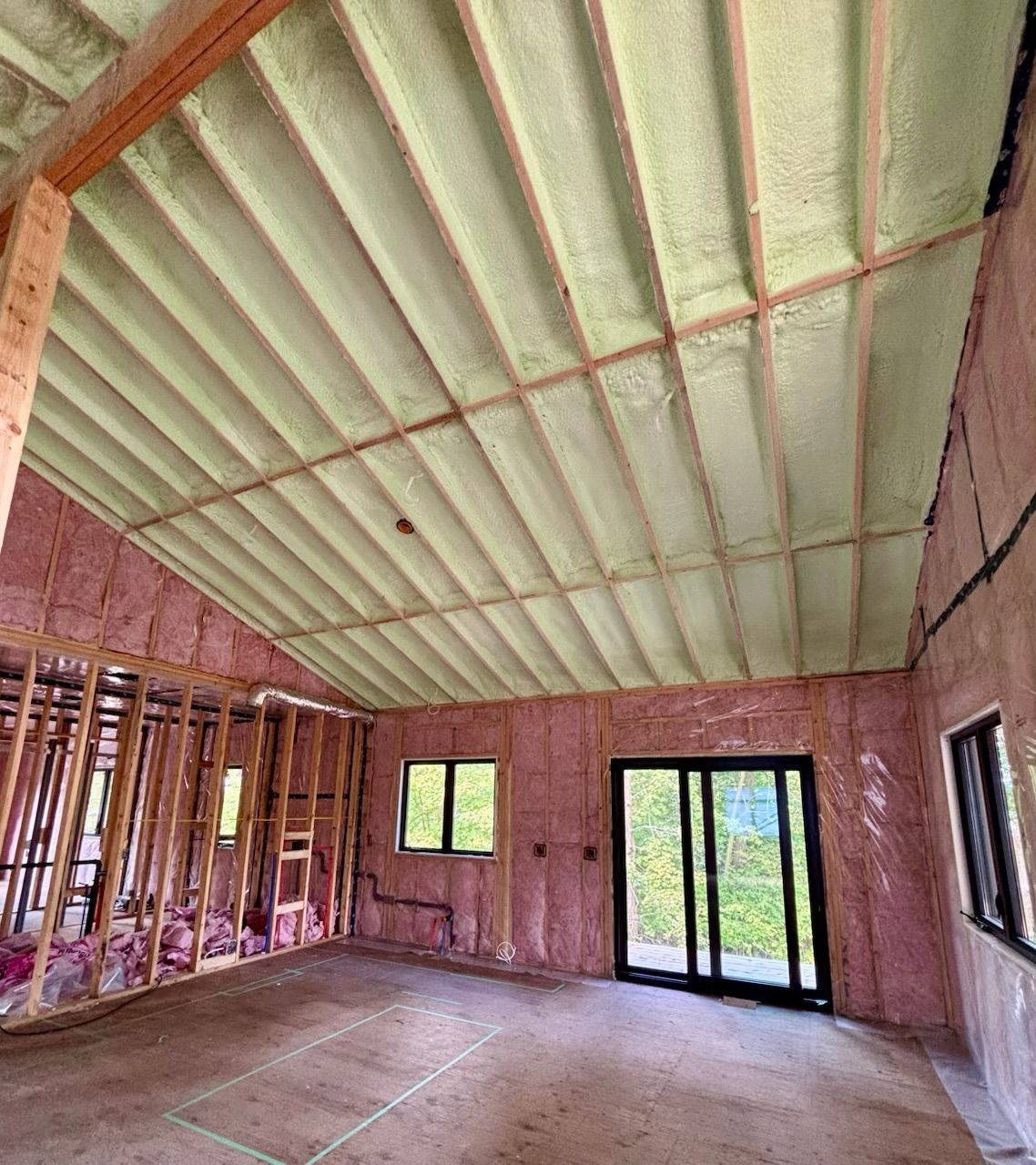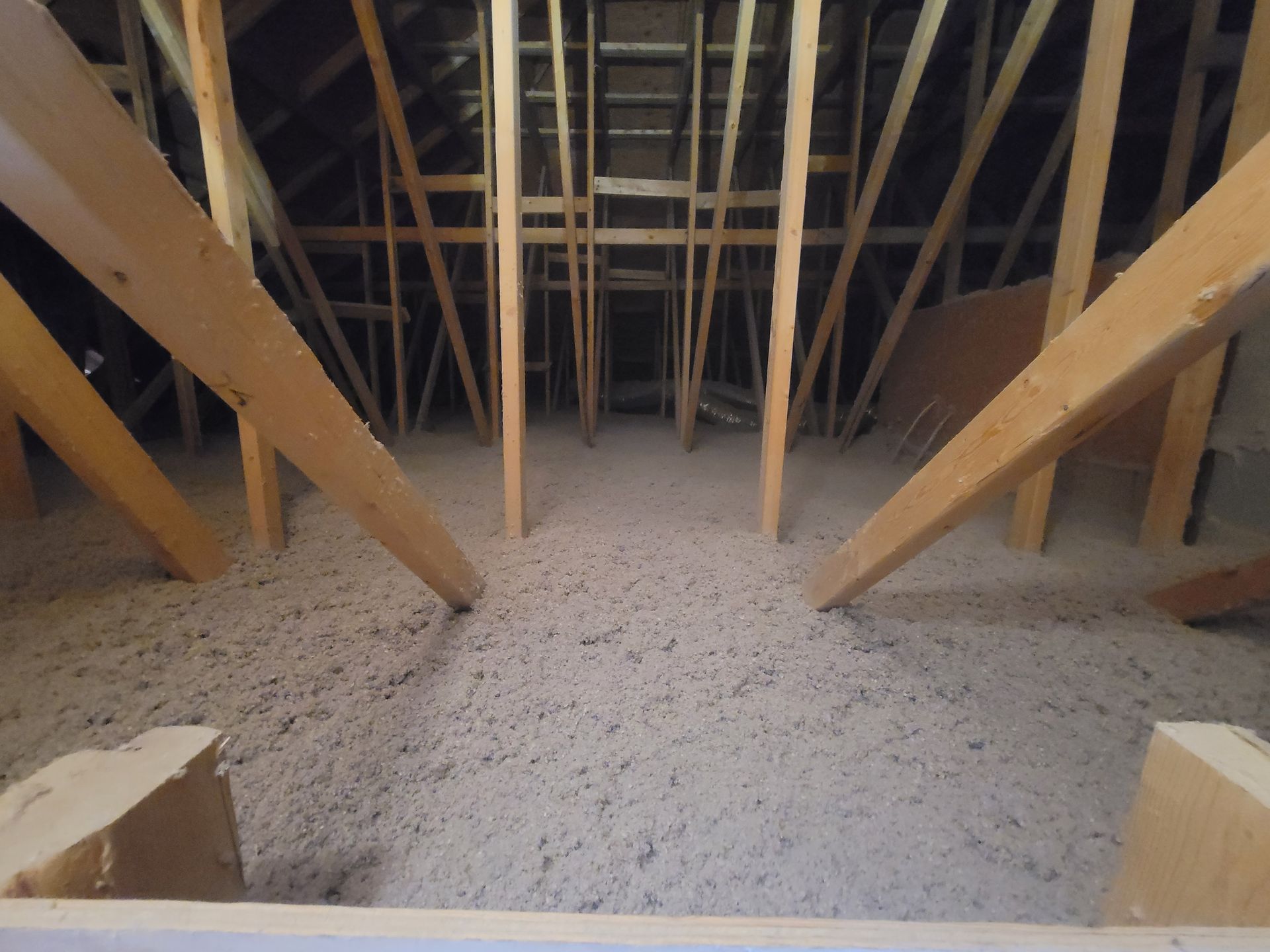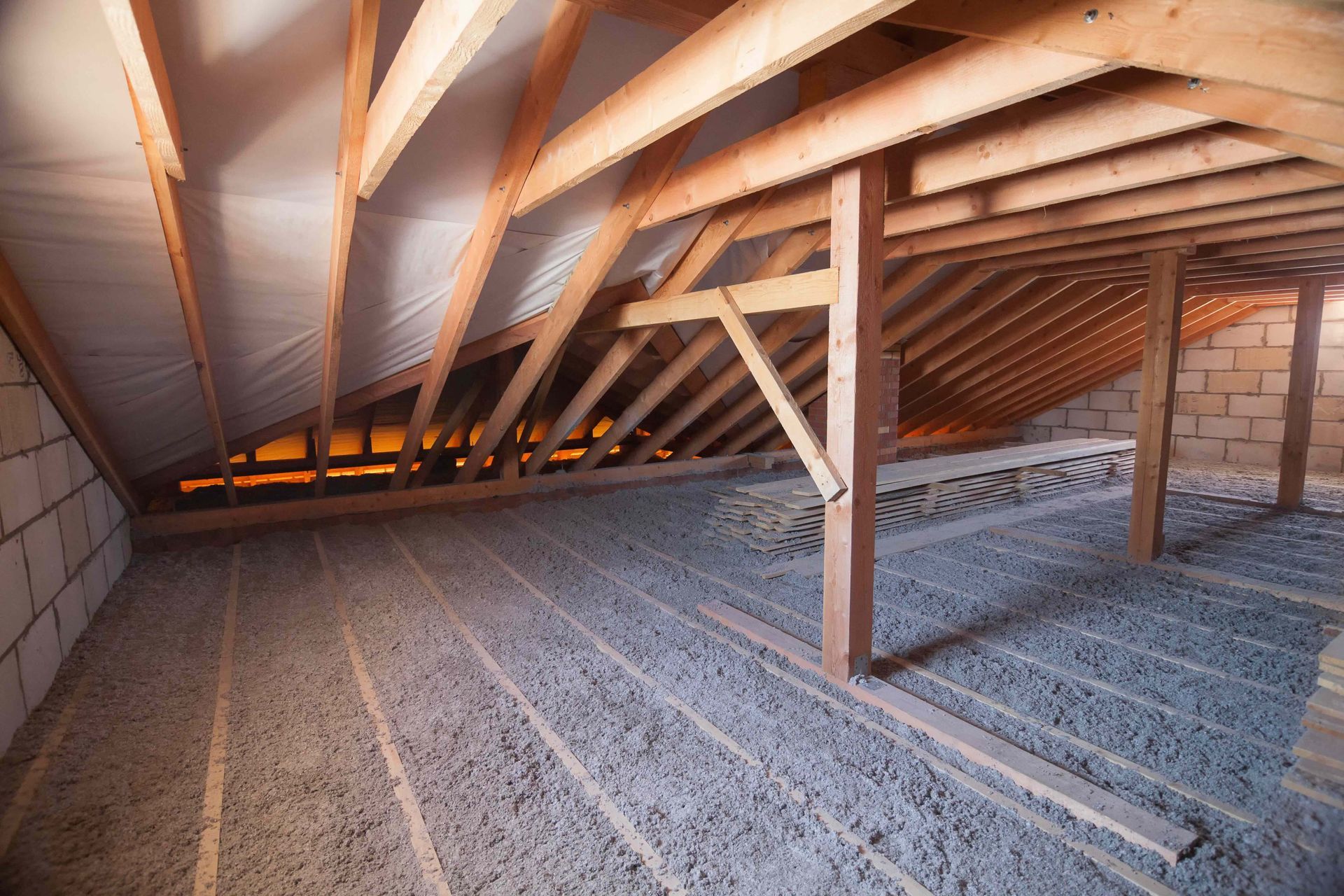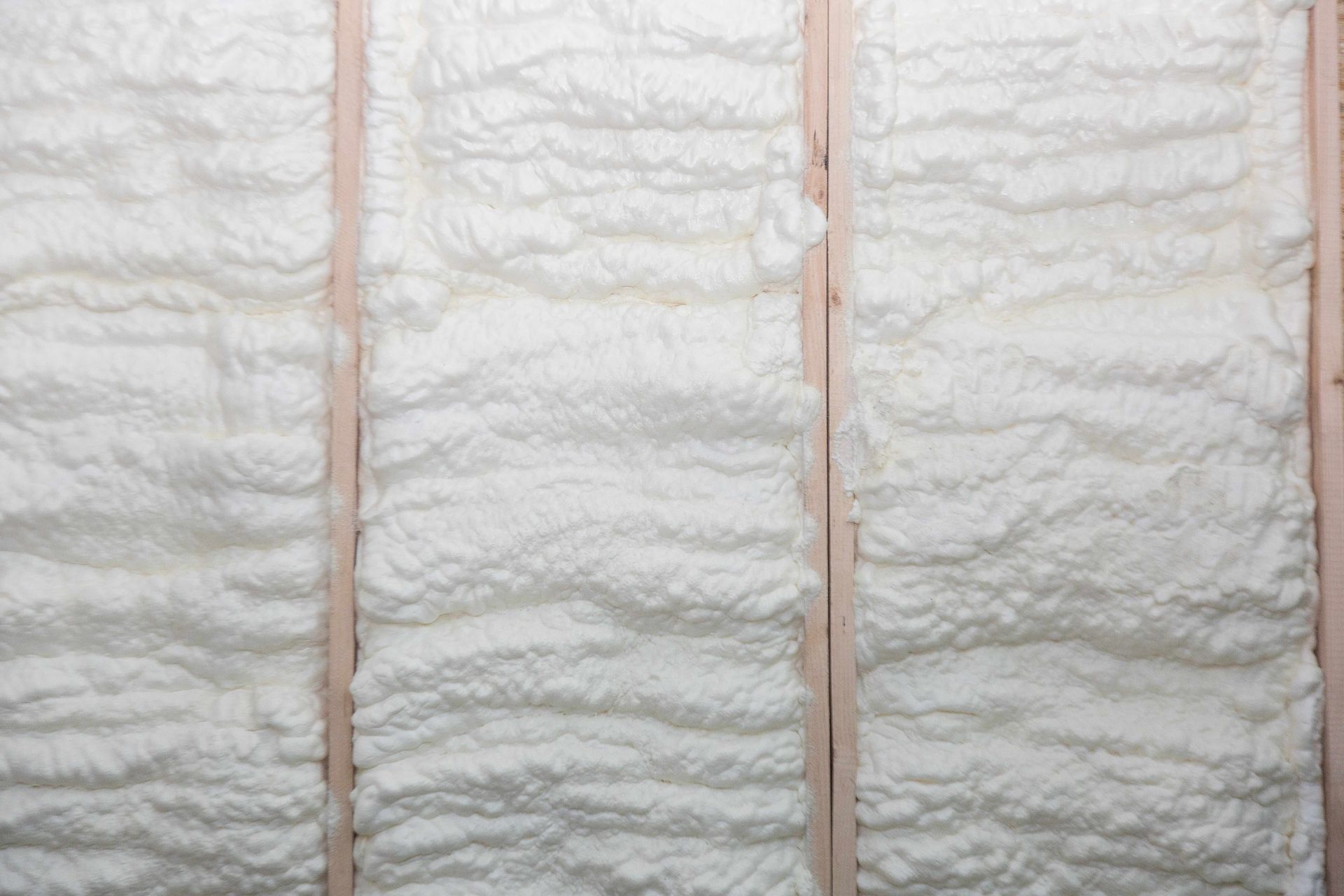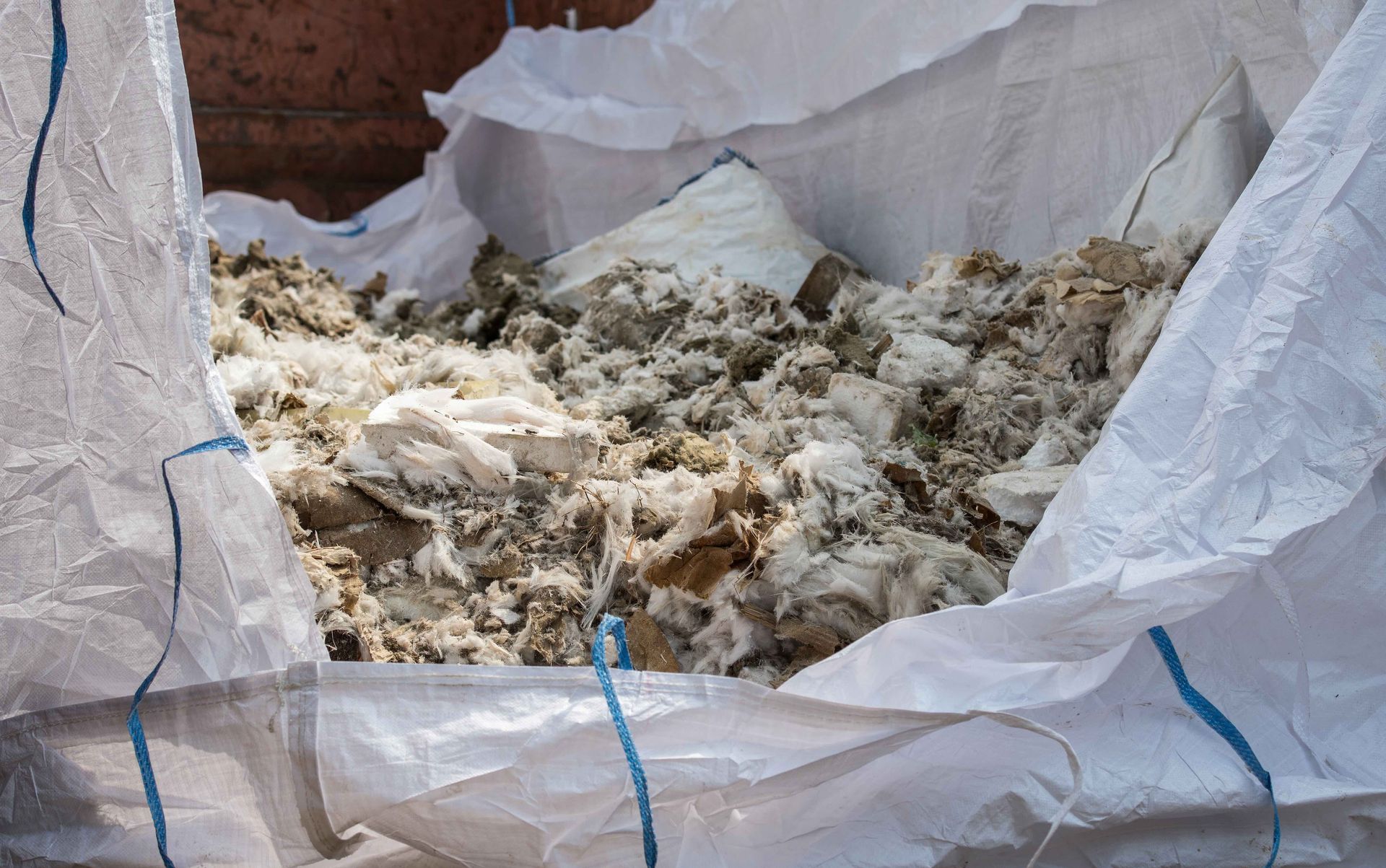Choosing the Right Insulation: Open vs Closed Cell Explained
When considering insulation options for your home or business, it's essential to understand the differences between open-cell and closed-cell foam insulation. Each has unique properties that make it suitable for different applications. At J&J Insulation Inc., we specialize in providing customized insulation solutions that enhance energy efficiency, comfort, and value. In this blog post, we'll explore the key differences, benefits, and applications of open-cell and closed-cell foam insulation, helping you make an informed decision.
Understanding Foam Insulation
Foam insulation is a popular choice for many homeowners and businesses due to its superior thermal and acoustic properties. This type of insulation uses chemical compounds that create a foamy substance when mixed, which is then sprayed onto surfaces. As it expands and hardens, it forms a durable, energy-efficient barrier. But what distinguishes open-cell from closed-cell foam?
What is Open-Cell Foam Insulation?
Open-cell foam insulation is characterized by its spongy texture and lower density. During the application, the cells in the foam remain open, allowing for air movement within the material. This type of insulation is typically less expensive and expands more than closed-cell foam, making it ideal for hard-to-reach places. The R-value, which measures thermal resistance, usually ranges between 3 and 4 for open-cell foam. This makes it effective for soundproofing and providing adequate thermal insulation in specific scenarios.
Advantages of Open-Cell Foam
Cost-Effective: Open-cell foam generally costs less, providing a budget-friendly insulation solution.
Sound Absorption: The open structure helps in absorbing sound, making it suitable for noise reduction.
Flexibility: Its expansion capability allows it to fit irregular spaces and cracks.
What is Closed-Cell Foam Insulation?
Closed-cell foam insulation is denser and more rigid compared to its open-cell counterpart. The cells in this foam are completely closed off, offering a robust structure that can withstand greater pressure. With an R-value between 6 and 7, closed-cell foam provides superior thermal insulation. Its impermeable nature also makes it resistant to water and moisture, adding an extra layer of protection to your property.
Advantages of Closed-Cell Foam
High R-Value: Offers excellent thermal insulation, effectively reducing energy consumption.
Moisture Barrier: The closed cells prevent water penetration, protecting against mold and mildew.
Structural Support: Adds significant strength to the building structure, especially in extreme conditions.
Choosing the Right Insulation for Your Property
At J&J Insulation Inc., we understand that every building is unique, requiring a customized approach. Here's how to decide which insulation type is right for you:
Assess Your Insulation Needs
Consider your priorities—do you need superior thermal insulation, soundproofing, or moisture resistance? Open-cell foam is suitable for interior applications where noise reduction and cost are primary concerns. Closed-cell foam, on the other hand, is ideal for exterior applications or areas prone to moisture.
Evaluate the Building Structure
Older buildings with uneven or complex structures might benefit from open-cell foam due to its flexibility. Newer constructions with straightforward designs may find closed-cell foam advantageous for its strength and high R-value.
Consider the Climate
In regions with high humidity or frequent rain, closed-cell foam's moisture resistance can offer peace of mind. Conversely, in drier climates, open-cell foam may provide sufficient insulation.
Installation with J&J Insulation
Our experts at J&J Insulation Inc. conduct a thorough assessment of your property to recommend the best insulation type. We take into account the building's design, use, and your specific needs to provide a tailored solution. Our team is committed to installing high-quality insulation that enhances comfort and energy efficiency.
Contact Us for a Free Consultation
Choosing the right insulation is a crucial step toward improving your property's energy efficiency and comfort. At J&J Insulation Inc., we offer expert advice and professional installation services to meet your specific needs. Whether you're in the GTHA or Kawartha Lakes regions, contact us today at 905-260-6203 or email us at info@jandjinsulationinc.com for a free consultation and no-obligation quote. Let us help you create a more comfortable and energy-efficient environment for your home or business.
Understanding the difference between open-cell and closed-cell foam insulation can significantly impact your property's energy efficiency and comfort. By choosing J&J Insulation Inc., you're opting for expert guidance and quality installation services tailored to your needs. Reach out to us today and take the first step towards a more insulated, energy-efficient space.
Quick Links
Services
Proudly servicing Port Perry and surrounding areas.
© 2021 All Rights Reserved | J&J Insulation Inc. Powered By OneLocal Privacy Policy

